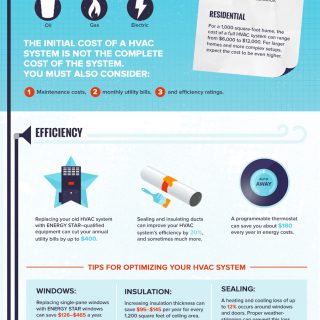When determining between air source and ground resource heatpump, you might find yourself weighing elements like effectiveness, expense, and ecological effect. Each choice offers distinct benefits, but which one straightens finest with your requirements and top priorities? As you discover the differences between these 2 kinds of heat pumps, you'll uncover crucial understandings that can assist you towards making an educated choice that matches your one-of-a-kind situations. Keep tuned for a much deeper study the subtleties of air source versus ground source heatpump to assist you navigate this crucial option.
Performance and Efficiency Comparison
When contrasting air resource and ground source heatpump for efficiency and efficiency, it's important to consider exactly how each system runs in different problems. Air resource heatpump extract warm from the outdoors air, making them much more prone to changes in temperature. This means they could be less efficient in incredibly cool environments.
On the other hand, ground source heatpump use stable underground temperature levels for warmth exchange, offering even more consistent efficiency no matter outside weather conditions. Ground resource heatpump are usually a lot more energy-efficient in the long run because of the secure warm resource underground. In addition, ground resource heatpump have a tendency to have a longer life-span compared to air resource heatpump, which could affect long-lasting efficiency and upkeep prices.
Price Analysis: Installment and Upkeep
For a comprehensive contrast between air source and ground source heatpump, it's crucial to evaluate the costs related to their installation and maintenance. Air resource heatpump typically have reduced upfront setup expenses contrasted to ground source heatpump. The installation of air source heatpump involves less facility excavation and drilling, making it a much more economical alternative for many house owners.
However, ground source heatpump are understood for their higher effectiveness, which can lead to reduced long-lasting power expenses, possibly offsetting the preliminary setup costs gradually.
When it comes to maintenance costs, air source heatpump are typically simpler and more economical to preserve compared to ground resource heat pumps. air conditioning servicing require routine look at the underground loop system, which can sustain added maintenance expenses.
On the other hand, air resource heatpump commonly call for basic filter changes and occasional specialist evaluations, keeping upkeep costs relatively reduced.
Consider Recommended Internet page and long-term maintenance expenditures when choosing between air source and ground source heatpump to figure out which alternative aligns finest with your budget and requirements.
Environmental Influence Assessment
Evaluating the ecological influence of air source and ground resource heat pumps is necessary in comprehending their sustainability.
Air source heatpump call for power to operate, which can cause increased carbon discharges if the electrical energy originates from fossil fuels. On the other hand, ground resource heatpump make use of the steady temperature level of the ground to heat and cool your home, resulting in lower energy consumption and reduced greenhouse gas discharges.
The setup of both kinds of heatpump entails some degree of ecological impact, such as making use of cooling agents in air source heatpump or the excavation needed for ground loopholes in ground resource heatpump. However, ground resource heatpump have a longer lifespan and greater efficiency, making them a much more environmentally friendly choice over time.
Conclusion
When making a decision between air source and ground resource heat pumps, consider your environment, budget, and ecological goals. Air resource heat pumps are a lot more economical upfront, however ground resource heatpump supply greater performance and lasting cost savings. Choose the choice that aligns with your priorities and requirements for a comfy and lasting heating solution.
